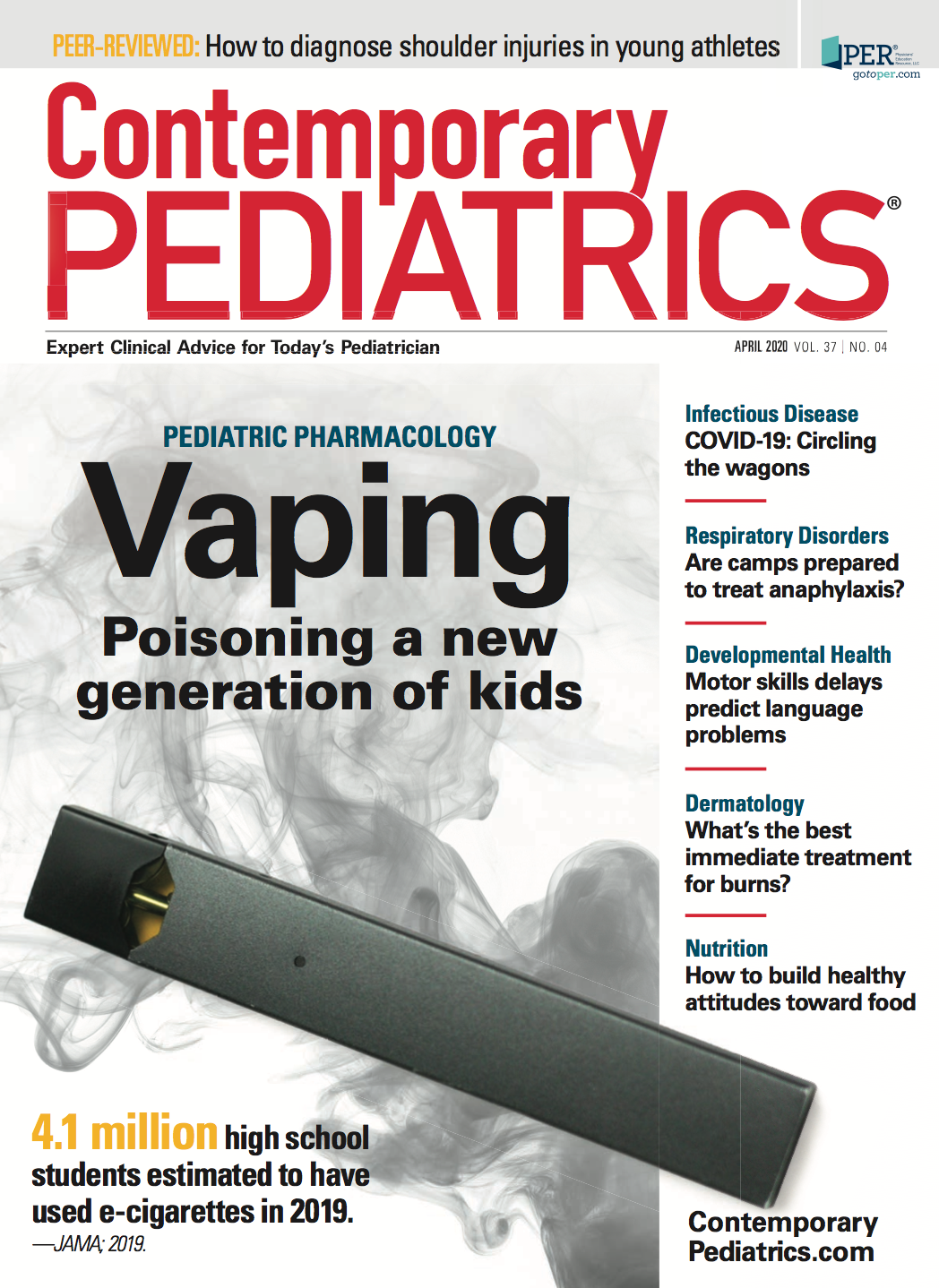COVID-19: Thoughts while circling the wagons
A practicing pediatrician offers his take on the coronavirus situation from the ground here in the United States.
Those of us working in the trenches of health care have been receiving daily emails regarding preparation and strategies for dealing with the COVID-19 epidemic. We’ve received advisories and updates from the Centers for Disease Control and Prevention (CDC), the World Health Organization (WHO), State health departments, hospital administrators, government officials, as well as managers within our own health care systems. Many messages report the number of infections globally as well as those in the United States and within our state and local communities. Others proffer information regarding limiting spread of infections, hand-washing techniques, and what to do if you confront a possible COVID-19 patient.
Looking up from our perspective in the trenches, it’s obvious very few of those offering advice actually work in the front lines of medical care. Providers and support staff are the ones who must evaluate, comfort, and treat patients while placing ourselves at risk for contracting COVID-19!
Over the past several months, my colleagues and I have been dealing with one of the worst influenza epidemics in my memory. As of February 29, 2020, the CDC reported as many as 34 million flu illnesses in the United States along with as many as 350,000 flu-related hospitalizations, and some 20,000 flu deaths with 136 child deaths. Fortunately, we have been very well equipped to evaluate and treat patients during this season. We are aided in our diagnosis with accurate and reliable point-of-care (POC) influenza tests and can prescribe an inexpensive antiviral that can shorten the course of the illness and prevent spread within the community.
As I see it
In my roles as a clinic-based pediatrician and “Practice Improvement” Section Editor for Contemporary Pediatrics, I see that the looming COVID-19 pandemic highlights many of the conspicuous flaws in our health care system, flaws that we have long acknowledged but have never remedied. Now more than ever before we need to recognize that:
· We are dependent on medications that are manufactured in India and China. COVID-19 has disrupted supply chains, and now many of our necessary medications are in short supply or just not available. Clearly, we need to bring medication manufacturing back home.
· The US Food and Drug Administration (FDA) does “too good a job” in regulating medication and medical devices. Compared with regulatory agencies overseas, it is a very long and very expensive proposition to gain FDA approval to market a new drug or device. As a consequence, many innovations are available overseas often months, and sometimes years, before they are available here. For example, in the United States we don’t have a POC C-reactive protein (CRP) device that could help management of respiratory infections. Overseas, this assay, along with many others not marketed here, is widely available to help with medical decision making. We need the FDA to fast-track development of POC COVID-19 assays along with effective antivirals.
· Medical care has too long been negatively impacted by pharmaceutical companies that inflate the cost of medications. Primary care providers, therefore, play a daily game trying to get patients the medications they need by dealing with prior authorizations. In addition, insurance companies have restricted access to better POC diagnostic studies by refusing to pay for more accurate tests when less-expensive (and less-accurate) tests are covered. High-deductible insurance has eroded the medical home by encouraging patients to seek less-expensive and often less-effective services delivered by urgent care facilities.
As we circle the wagons to prepare for the potential juggernaut of COVID-19, let’s hope that the cavalry is coming in the form of long-overdue health care reforms. As pediatricians, we will always “have the backs” of our patients and their parents. Let’s hope someone has ours.
